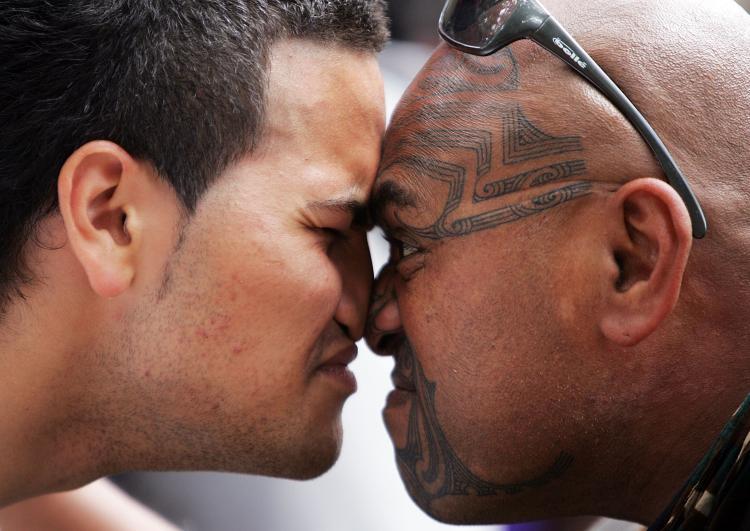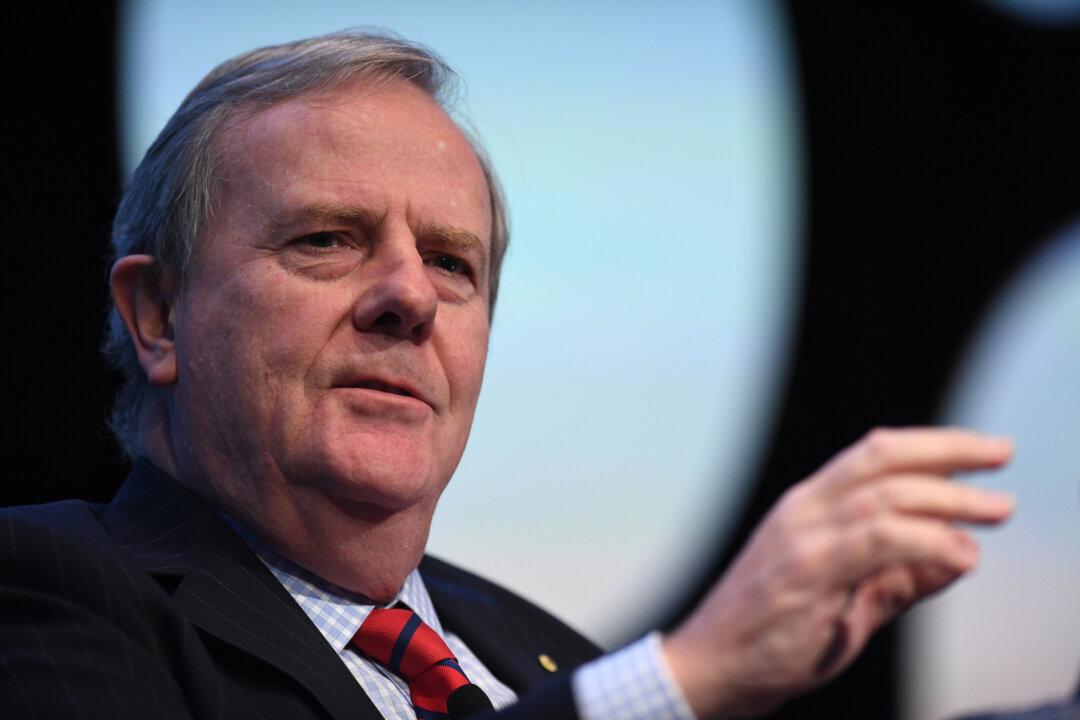The New Zealand government’s coalition partner, the libertarian ACT, has continued to push back against how The Treaty of Waitangi is interpreted and implemented in the country, saying it does not mean separate laws and political positions for Indigenous people.
The move comes despite current Prime Minister Christopher Luxon playing down any major change.
ACT Leader Mr. Seymour is pushing his party’s Treaty of Waitangi Principles Bill to clearly define the scope and purpose of the 1840 agreement, saying that the New Zealand national government has the power to govern all people, regardless of ethnicity and race, and ensure all citizens are equal under the law.
In a statement on social media, Mr. Seymour said the problem has been the interpretation of the Treaty, with political leaders viewing the agreement as a “partnership.”
“If you believe the Treaty is a ‘partnership’ between races, then you have to believe that [Maori] have different rights and duties in New Zealand from [non-Maori]. That means different positions in government, they get treated differently in the workplace, they get treated differently based on who their ancestors were,” Mr. Seymour said.
The genesis of the Bill comes amid an election push from the ACT on reversing race-based policies, and to extinguish talk of “co-governance” between the incumbent government and Maori.
One example of this shared governance is for areas such as natural resources, in particular, water. The contentious “Three Waters” policy proposed to take away water management from local councils, to instead, be controlled by a new entity with government oversight.
The ACT is also challenging the policy of running a separate Maori Health Authority, installed by the previous Labour government, saying healthcare should not be organised along racial lines.
“New Zealand is at a constitutional crossroads. In one direction is liberal democracy, the familiar formula that the country as we know it was built upon. In the other direction is co-governance, a prescription of power-sharing between one ethnic group and all others,” the ACT party website explained.





